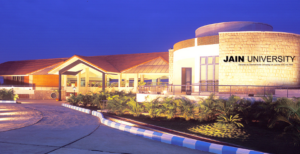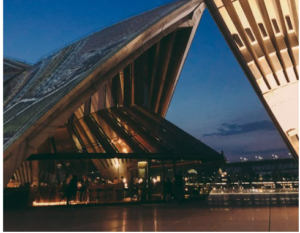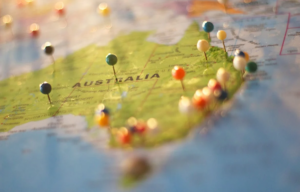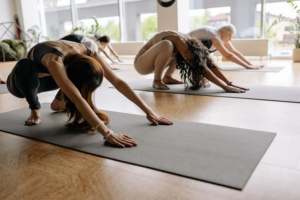How to Prepare for a PhD Interview: A Comprehensive Guide
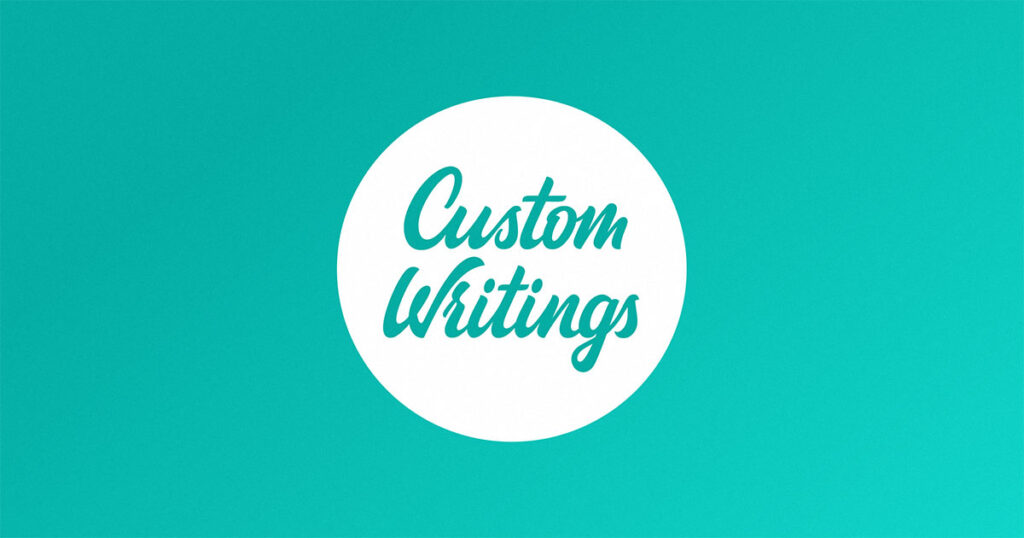
First and foremost, congrats, and well done! Take pride in your accomplishments for making it thus far. Now that you’ve completed the challenging portion let’s ensure you jump through the last hoop. The strategies this article highlights will help you ace your PhD interview. A good PhD interview requires preparation, just like one for a job. If what the panel perceives in person doesn’t quite reflect what they read on paper, even the best study proposal may not succeed. Furthermore, completing a PhD requires more than just academic aptitude—something that your preferred institution and you will care about equally. Your interview presents an opportunity to demonstrate that you have the determination, focus, and perseverance needed to finish a sizable research assignment all by yourself. Additionally, it gives you and your future bosses a chance to determine if you two are a good match. Since this connection is essential to your success in completing your PhD, it should be strong. Accordingly, this article offers tips on how to prepare for a PhD interview:
Display your expertise in the field of your study
Ascertain that you’re conversant with and informed about your PhD proposal. This approach indicates that you’re capable of answering any PhD interview question that is posed to you. Ensure that you’re able to contextualize the topic of your dissertation. Why did this specific study subject catch your attention? What justifies your recommendation of the methodology you suggested? What distinguishes this study from others, and why? Be ready to demonstrate your expertise outside your thesis to the panel if you want to stand out. To accomplish this, you’ll be required to have a solid comprehension of how your research proposal varies from the corpus of prior research as well as familiarity with the leading researchers in this subject and their significant studies.
Gain a deeper understanding of the work being done by your research supervisor(s) and the department as a whole
It’s a terrific approach to exhibit your enthusiasm in this field of study as well as to provide the interview panel with an indication as to whether you may make a long-term contribution to the department by demonstrating your familiarity with the research of your possible supervisors and the whole department. If academic research is your long-term objective, building solid contacts with other academics can help you in the future when applying for Post Doc jobs and co-authorship chances. The ability to articulate why this learning institution and possible supervisor(s) are your top choices will increase your chances of acceptance after a PhD interview, even if your professional goals are not academic.
Get PhD interview tips from experts
For some people, nerves may lead to difficulties, so if this fits your description, it would be best to seek professional dissertation writing help. CustomWritings.com provides personalized “before an interview” assistance. The professional dissertation writers at the company recognize that many PhD students struggle with imposter syndrome. They’ll relieve your burden and offer guidance on acing your interview. For instance, the experts may provide sample PhD interview questions and answers you can employ. Working with the website will increase your likelihood of success. Thus, visit their site to learn about the custom dissertation writing services they offer.
Demonstrate why the interview panel should spend time and effort on you
Professors and academic researchers have a lot on their plates and are typically busy individuals. They could be eager to support your study, but you must convince them that you share their enthusiasm. Accordingly, preparing for a PhD interview involves knowing how to share your passion and demonstrate to the panel that you’re a quick listener, open to new ideas, and that working independently doesn’t concern you.
Create a list of PhD interview questions
Similar to a job interview, it is advisable to compose some PhD interview questions for the panel. This approach gives you an extra chance to make sure that this institution and your supervisor(s) are a good match for you, and it also gives you a chance to show off your knowledge and comprehension of what a PhD entails. Below are a few potential questions to ask during PhD interview:
- Is there a chance to socialize with other PhD learners from the school or department, and how many are there?
- What resources are available to you to promote your professional life?
- Is there training available—such as writing or time management—to assist you in acquiring the skills required to finish your PhD effectively?
- Do they fund events, including travel or conferences?
- Are there any teaching positions available?
- Who provides funding for some of the department’s important research?
- How many resources—including labs and library—will you have at your disposal?
- How soon will you be expected to finish your PhD, and, if applicable, are there possibilities to transition to part-time or online learning?
- What assistance for well-being does the school offer?
- Are they supportive of a work-life balance?
- What have previous doctoral candidates done after graduating?
- What major obstacles do the panel members believe will prevent you from effectively addressing your research question?
Make preparations for the face-to-face meeting
By now, you’ve already planned what you’ll discuss in your PhD interview. The final phase of preparing for a PhD interview is organizing the specifics in advance to relieve you of as much stress as possible on the interview day. Exploring these ideas ahead of time may assist you in keeping calm and focused. First, what will you be wearing? It would help if you considered dressing professionally as though you were going to a job interview. If your shirt or blouse needs ironing, do it as early as possible rather than waiting until the day of the interview. Where is the location of your interview? It would be best to plan your route, parking, and tickets. If feasible, you should also become acquainted with where to go when you arrive. For example, if the interview is in a conference room, you should know its room and floor number. Moreover, it would help to learn about the person conducting the interview, their position or area of expertise, and how to pronounce their name. Nowadays, many interviews take place through video calls, so make sure you acquire and get acquainted with the necessary software. Lastly, if you’re not in the US, confirm the time difference according to the season.
Conclusion on tips to prepare for a PhD program interview
The abovementioned recommendations are pretty clear and will enable you to answer any difficult PhD interview questions. The interview is your opportunity to consider your supervisor and any potential compatibility. Even if they could be the best intellectual and academic match, are they the ideal fit for your growth? Keep in mind that you’re capable and deserving of success! You’ll be alright if you simply adhere to the PhD interview tips this article has highlighted. Best of luck!


